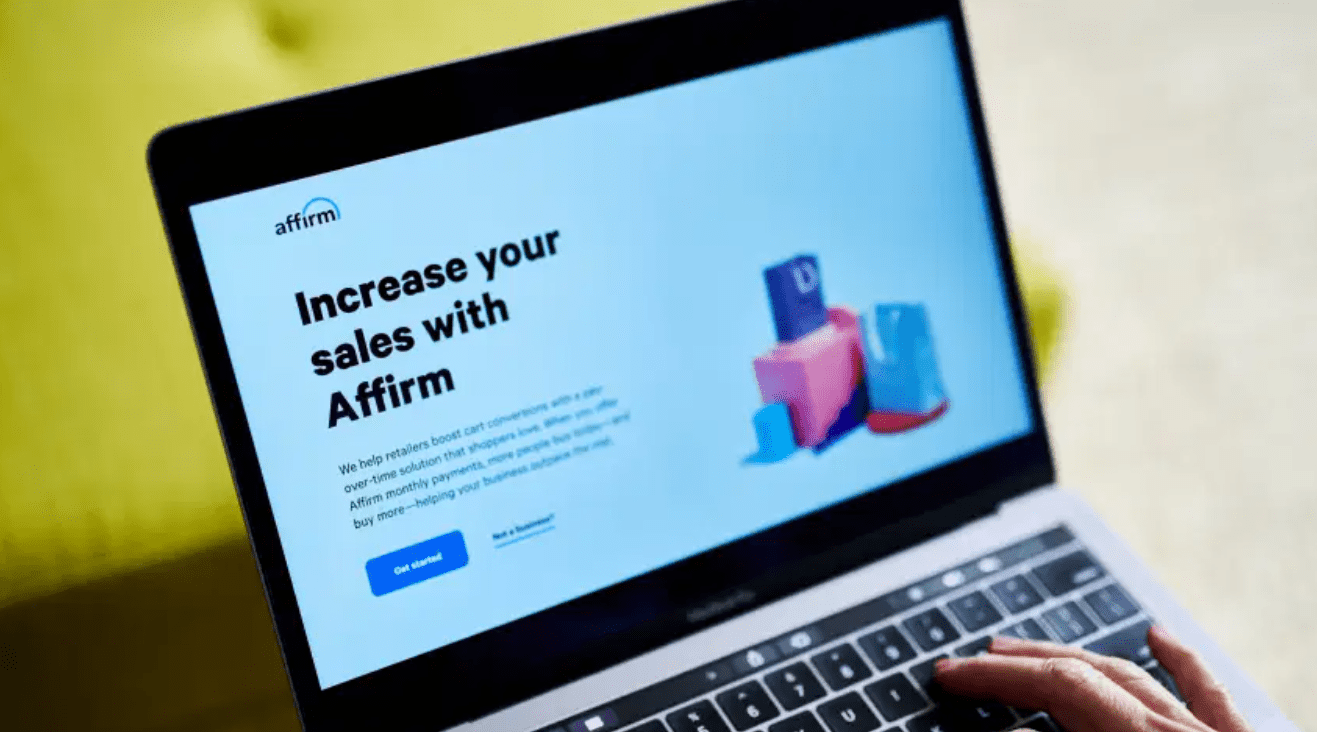Shares of payments company Affirm soared 98% in its initial public offering on the Nasdaq, kicking off what’s likely to be a busy season for market debuts.
The stock began trading at $90.90 per share and closed at $97.24. Affirm had priced its shares at $49 apiece, above its target range of $41 to $44 each.
Founded in 2013 by PayPal co-founder Max Levchin, Affirm has become prominent in the “buy now pay later” space that offers point-of-sale loans. The company allows customers to finance online purchases that can be paid back in monthly installments without accruing compounding interest.
It works with around 6,500 retailers, including Peloton, Wayfair, Walmart and direct-to-consumer eyeglasses company Warby Parker. In an update to its IPO filing, Affirm said it is used by more than 6.2 million people. Affirm also partnered with Shopify last year, allowing merchants to offer installment loans on products they sell.
Affirm brought in roughly $510 million in revenue for the fiscal year ended on June 30, a 93% jump from last year, according to its filings. In the three months ending Sept. 30, revenue grew 98% year over year, while net losses fell by roughly half to $15.3 million.
Affirm makes money when it helps a merchant make a sale. It also earns interest income on loans it buys from bank partners and some consumer loans. The rate it charges varies by consumers’ creditworthiness, but often starts at 0%.
“Our goal is to be a viable alternative to credit cards,” Levchin told CNBC ahead of the company’s first trade.
Morgan Stanley, Goldman Sachs and Allen & Co were the lead underwriters for the offering. Major investors include Peter Thiel’s Founders Fund, Khosla Ventures and Lightspeed Venture Funds.
Affirm’s market debut could mark another successful venture for Levchin, who owns 27.5 million shares in the online lender. Following PayPal’s sale to eBay in 2002, Levchin started the social application company Slide. That sold to Google in 2010 for a reported $182 million.
Affirm, which trades under the symbol AFRM, has made CNBC’s Disruptor 50 list twice.

